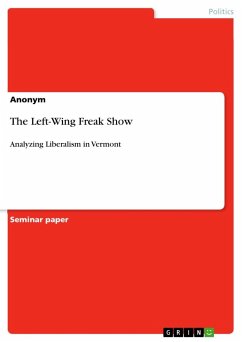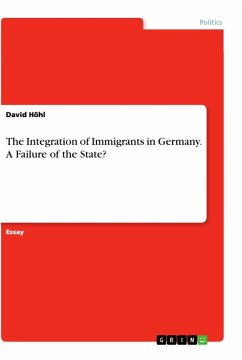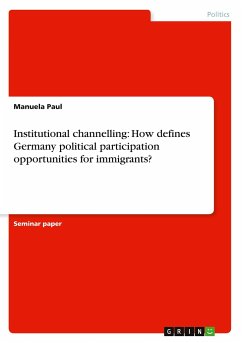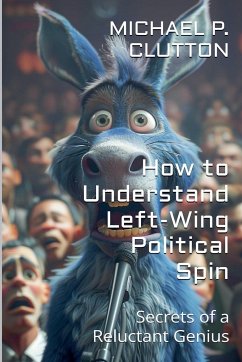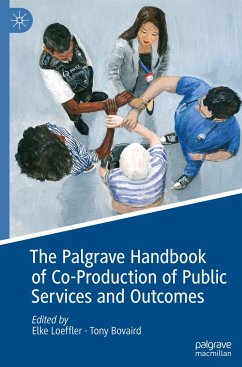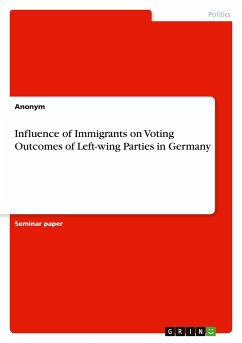
Influence of Immigrants on Voting Outcomes of Left-wing Parties in Germany

PAYBACK Punkte
0 °P sammeln!
Seminar paper from the year 2020 in the subject Politics - Political Systems - Germany, grade: 1.0, , language: English, abstract: Drawing on panel data from six German elections from 1998 to 2017, this study investigates the correlation between far-left positioned parties and immigration per capita using the occurring elections. Our main findings suggest a positive correlation between immigrants per capita and the voting outcomes of the far-left parties. Given the controversy about Chancellor Merkel's open immigration policies during the peak of the refugee crisis in 2015 and 2016 in Germany,...
Seminar paper from the year 2020 in the subject Politics - Political Systems - Germany, grade: 1.0, , language: English, abstract: Drawing on panel data from six German elections from 1998 to 2017, this study investigates the correlation between far-left positioned parties and immigration per capita using the occurring elections. Our main findings suggest a positive correlation between immigrants per capita and the voting outcomes of the far-left parties. Given the controversy about Chancellor Merkel's open immigration policies during the peak of the refugee crisis in 2015 and 2016 in Germany, Western nations have more openly than ever responded to existing fears around immigration, favoring nationalist philosophies over more liberal ideologies. A critical determinant of the debate is driven by high xenophobia, where individuals become anxious about ethnic minorities and greater diversity, leading to the intolerance of migrants. This has a direct impact on political stability and future electoral voting outcomes. One strain of research has focused on voting outcomes of immigrant inflows, mostly focusing on right-wing parties and the associated rise of voter bases halla2017immigration, arzheimer2019alternative. Arzheimer and Berning (2019), for instance, demonstrate that the primary motivation for voting for the Alternative für Deutschland (AfD), a newly established right-wing populist party in Germany, is the voters' negative immigration attitudes. Little research, however, has focused on the influence of voting outcomes for far-left positioned parties in Germany.




